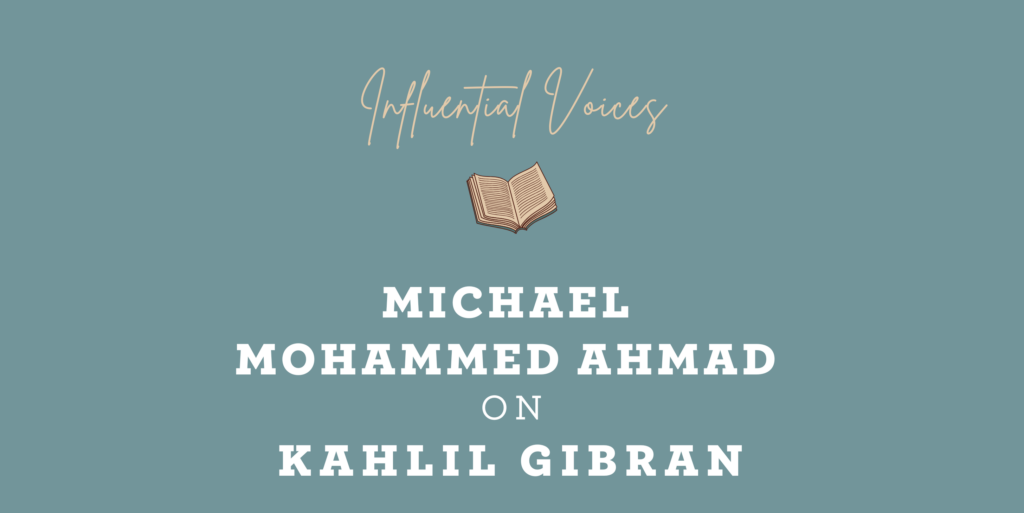
I married a white girl and our son was born through her seven years later, 11 July 2015. That night, while Jane held him in her arms, she smiled at me half-consciously and said, ‘Will we give this boy an Arab name?’
It’s always sad when a straight, white, middle-class couple living in Parramatta name their kid after Palestinian Prince Durka Durka Muhammad Jihad. However, I think white people in an interracial relationship get a pass here, not because they have become honorary ethnics, but because as sad as it is for an orientalist white parent to give their kid an ethnic name, it’s tragic when a self-hating ethnic parent gives their kid a white name. For this reason, Jane had my blessing to dress our son in any Arab name she desired. She chose ‘Kahlil’, after my mother’s father. That’s a cranky namesake to live up to — my grandfather Khalil Isa is a bitter old- school wog who has lived across the street from his brother in Heidelberg, Melbourne, for 41 years, and he hasn’t spoken to him for 40 of them. All this because my great uncle’s wife called my grandmother ‘loose’ back in 1977.
When it came time for Jane and me to spell our son’s first name, we opted for the ‘Christian’ spelling of ‘Kahlil’ rather than the ‘Muslim’ one, which places the H after the A instead of before. We wanted our first-born son to carry an additional namesake with him: Kahlil Gibran.
I studied at Punchbowl Boys’ High School, made up of 95 per cent Arab-Australian Muslim male students at a time when young men like us were constantly appearing in the news media in relation to gang rapes, drug dealings, drive-by shootings and terrorist conspiracies. I hated that I was a Leb like them, that I wasn’t white like the great writers I had been reading at the time: Shakespeare and Nabokov and Faulkner and Hemingway and your mum (sorry about that last one — there’s still plenty of Leb in me).
Then one day I was going through a box my father had packed away in his wardrobe which had ‘Lebnaan’ written on it in black permanent marker. That’s how we say ‘Lebanon’ in Arabic. (Why don’t we just call it ‘Lebnaan’ in English too?) Anyway, inside that box were pictures of my father’s father, thin and brown and bald, and my father’s mother, whose skin glowed golden, and a novel called The Prophet by a writer I had never heard of, Kahlil Gibran. At first I thought that this was a non-fiction book by a Muslim scholar on The Prophet Mohammed.
I read the poetry about Almustafa, a fictional prophet who has spent 12 years in Orphalese. The ship that Almustafa has been waiting for to take him home arrives, and he comes down from the hills of his temple, sentimental about leaving. The people gather to see him off, hungry to drink whatever final words of wisdom he can deliver before he departs. They ask him to speak about joy and sorrow and Almustafa says, ‘Your joy is your sorrow unmasked.’ They ask him to speak about love and he says, ‘Like sheaves of corn [love] gathers you unto himself … threshes you to make you naked … sifts you to free you from your husks … grinds you to whiteness.’ They ask him about children and he says, ‘They are the sons and daughters of life’s longing for itself. They come through you but not from you … ’
This poetry was transformative for a dumb Leb from Punchbowl like me who aspired to be a writer. Page after page, I grew prouder to discover that the father of these words originated from the same cultural identity as my own — Kahlil Gibran became the embodiment to me of everything dignified and wise and literary in being Lebanese.
Now one of my favourite places to take my son, Kahlil Ahmad, is the Kahlil Gibran Reading Garden at the Bankstown Library and Knowledge Centre, where the Council has erected a statue of Kahlil Gibran’s head to commemorate the contributions of Bankstown’s Lebanese community. Ironically, the plaque beneath the statue has misspelled Kahlil Gibran’s name, and it’s written in the Muslim spelling Jane and I rejected, ‘Khalil’. While my boy and I sit down on the wooden floorboards of the reading garden, I recite to him the words of his namesake. I say, ‘Kahlil, you are my sorrow unmasked,’ and, ‘You have come through me, not from me.’ I hold his head between my hands and I stare into his light-brown eyes, a mixture of my black pupils and his mother’s blue ones; I run my hands through his honey-blond hair, a combination of my childhood curls and his mother’s childhood colour; and I gently stroke my fingers down over his enormous sand-monkey eye lashes. Then I pull him close and whisper into his ear, ‘Kahlil, my little white wog, you are here because love grinded me to whiteness.’
About the Writer
Michael Mohammed Ahmad is the founder and director of Sweatshop: Western Sydney Literacy Movement. His debut novel is The Tribe (Giramondo, 2014). Mohammed’s forthcoming novel is The Lebs (Hachette, 2018).
More from Writing NSW
Check out our full range of in-person writing courses in Sydney, our online writing courses and our feedback programs to see how we can help you on your writing journey. Find out about our prizes and opportunities, as well as writing groups across NSW, and sign up to our weekly newsletter for writing events, opportunities and giveaways.
